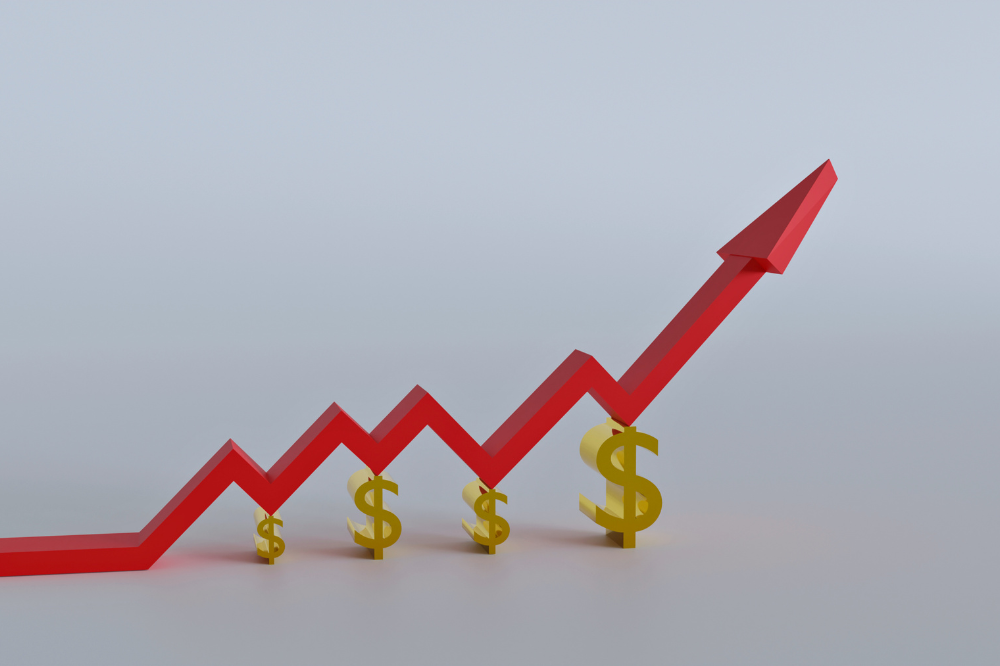South Africa’s inflation eases in March, after rising in the previous two months!
Consumers finally received some good news on the economic front this week as Statistics South Africa (Stats SA) reported that South Africa’s annual inflation rate eased to 5.3% in March 2024, marking a decline from the 5.6% recorded in February. This decrease, while modest, offers a glimmer of hope after months of rising prices that strained household budgets. The monthly change in the consumer price index (CPI) was 0.8% in March, lower than the 1.0% increase in February.
Here are the key changes in South Africa inflation in March:
- Miscellaneous goods & services saw the highest annual price increase at 8.5%, followed by education (6.3%), health (6.0%), and housing & utilities (5.9%).
- Education costs went up by 6.3% overall in 2024 compared to 2023, with high schools experiencing the most significant increase (7.3%).
- Health insurance premiums contributed to the rise in miscellaneous goods & services prices, increasing by 12.9% in 2024.
- Food and non-alcoholic beverages inflation dropped to 5.1% in March from 6.1% in February, hitting a low not seen since September 2020.
- Bread & cereals had a softer annual decrease to 5.0%, significantly lower than the peak of 21.8% in January 2023.
- Meat prices also went down, with an annual rate of 0.8% in March, much lower than the peak of 11.4% in February 2023.
- Annual inflation for sugar, sweets & desserts remained high at 17.8% in March 2024, with brown sugar and white sugar seeing significant increases.
- Prices for alcohol & tobacco rose by 1.9% in March due to higher excise taxes, with an overall increase of 4.5% over the past 12 months.
- Housing rents went up by 0.8% in March, while transport costs rose by 2.0%, driven mainly by a 5.3% increase in fuel prices, with petrol and diesel both going up by around 5.2% to 5.3%.
Despite this positive trend, South African Reserve Bank (SARB), which aims for inflation to remain between 3% and 6%, is not anticipated to implement interest rate reductions in the near future. The bank has maintained its key interest rate at 8.25% for several months.
Furthermore, the International Monetary Fund (IMF) has revised its growth forecast for South Africa downwards, projecting a GDP growth rate of only 0.9% for 2024. This marks a decrease from the 1% projection made in January. Among Sub-Saharan African countries, South Africa’s GDP outlook ranks as the second lowest, with only Equatorial Guinea having a lower forecast at 0.5%.
The South African economy, already weakened by the pandemic, continues to face numerous challenges, including significant power and water shortages, floods, and widespread infrastructure failures. The IMF predicts that the country will grapple with inflation and high unemployment throughout the year.
If you want to check out more news and financial tips on our website, you can click on this link!

